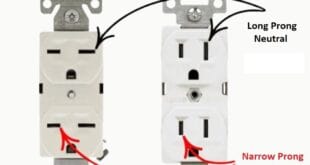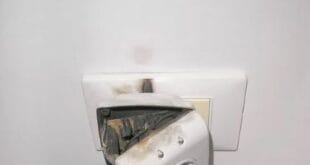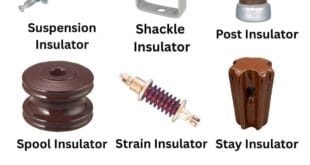Answer:
The power consumption of a 2.5 ton split AC typically ranges from 1,800 to 2,500 watts (1.8 to 2.5 kilowatts) per hour of operation, depending on factors like the AC’s efficiency, brand, and usage conditions.

Reasoning:
The power consumption of a split AC unit is influenced by several factors:
- Ton Rating: A 2.5 ton split AC has a cooling capacity of 2.5 tons or 30,000 British Thermal Units (BTUs) per hour. This capacity requires more power to operate compared to smaller AC units.
- Efficiency Rating (SEER/EER): The Seasonal Energy Efficiency Ratio (SEER) or Energy Efficiency Ratio (EER) of the AC unit affects its power consumption. Higher SEER/EER ratings indicate greater energy efficiency and lower power consumption.
- Usage Patterns: How often and for how long you run the AC significantly impacts power consumption. Continuous usage or setting the thermostat to lower temperatures consumes more power.
- Climate: The local climate also plays a role. In hotter climates, the AC may need to work harder and longer, consuming more power.
- Maintenance: Regular maintenance, such as cleaning filters and coils, can optimize AC performance and reduce power consumption.
- Brand and Model: Different brands and models have varying energy efficiency levels, affecting power usage.
FAQs:
Q: What is the power consumption of a 2.5 ton split AC?
A: Typically, it consumes between 1,800 to 2,500 watts per hour.
Q: How can I reduce the power consumption of my split AC?
A: Ensure regular maintenance, set optimal temperature settings, and choose a high SEER/EER rated AC.
Q: Are inverter ACs more energy-efficient?
A: Yes, inverter ACs are generally more energy-efficient as they adjust their compressor speed to maintain the desired temperature.
Q: Does the AC’s age affect power consumption?
A: Older AC units tend to be less energy-efficient, leading to higher power consumption.
Q: Can using a programmable thermostat help save energy?
A: Yes, programming your thermostat to adjust temperatures based on your schedule can reduce unnecessary cooling and save energy.
Q: Does running the fan mode on the AC consume less power?
A: Running the fan alone consumes less power than cooling or heating modes.
Q: Are there government regulations for AC energy efficiency?
A: Many countries have energy efficiency regulations and labels (e.g., ENERGY STAR) for AC units.
Q: Can solar panels offset AC power consumption?
A: Yes, solar panels can help offset AC power consumption by generating electricity to run the AC.
Q: What’s the difference between tonnage and power consumption?
A: Tonnage refers to cooling capacity, while power consumption indicates how much electricity the AC uses to deliver that cooling.
Q: Does the location of the AC’s outdoor unit affect energy usage?
A: Yes, the outdoor unit’s placement can impact energy efficiency. It should be in a shaded, well-ventilated area.
 Electrical Engineering World Wiring a Brighter Tomorrow!
Electrical Engineering World Wiring a Brighter Tomorrow!


